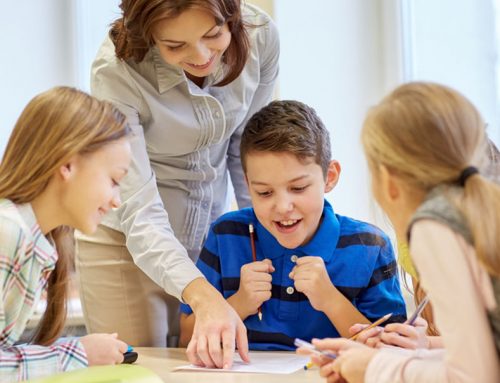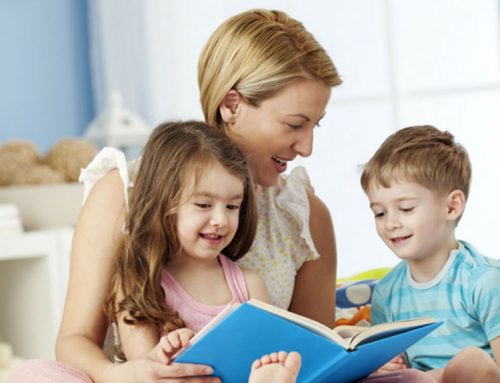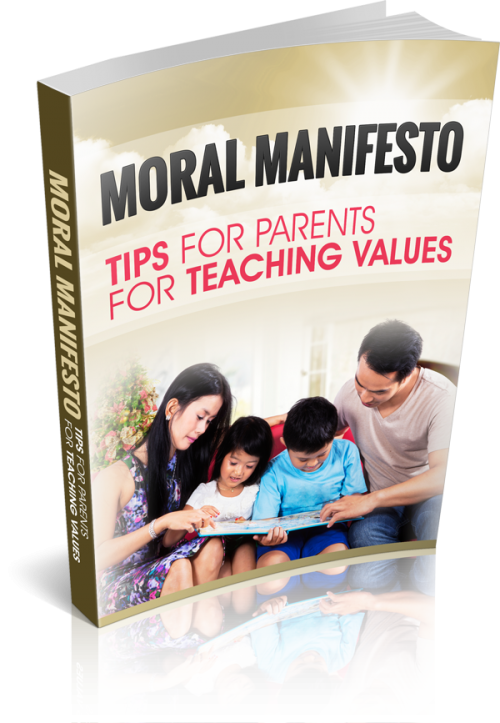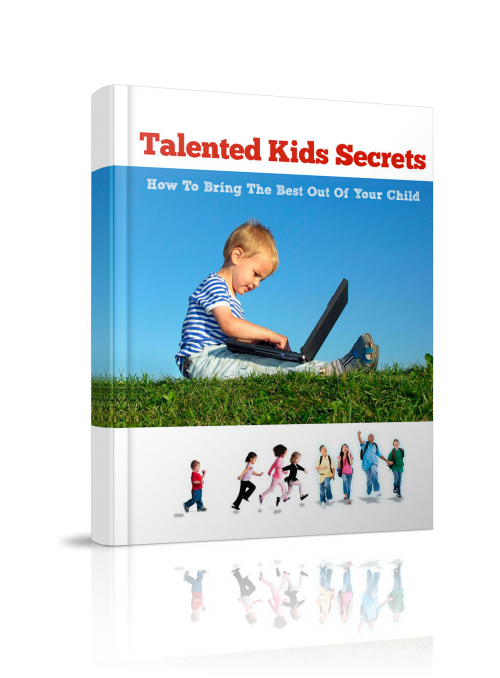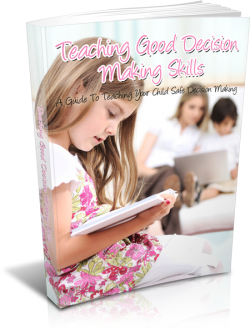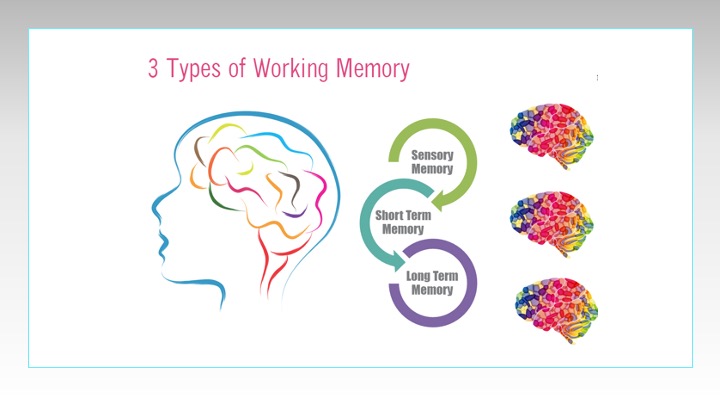
Importance of a Good Memory
How important is a good memory? To answer this question, we can consider two imaginary persons, Bryan and Chris. Assuming they are of the same age, same intelligence, and have similar abilities in most areas.
One difference between them is that Bryan has what we called a ‘good’ memory. He finds names, figures, jokes, stories, facts and faces easy to remember and recall, and never easily forgets things he is supposed to do.
Chris, on the other hand, has always felt that he ‘suffers’ from a poor memory. He remembers little of what he reads or hears on most subjects, and is generally known to be an absentminded child. He constantly forgets things he is supposed to do, and can never seem to remember what was taught at school for long.
Academically, Bryan sails through his examinations with flying colours. He finds it easy to learn facts, figures, dates, formulas for exams, and consistently gets high scores.
Chris, on the other hand, struggles with his studies. He spends several hours a day repeating information to himself over and over again. He writes out his notes several times in the hope that the information will ‘stick’ in his memory. He manages to pass most of his exams after a lot of very challenging, repetitive studying.
As both grew up, Bryan and Chris work for the same company. Bryan’s office can be described as a model of efficiency. He knows the names of all his colleagues, something about each of them and what their capabilities are. He remembers appointments, dates, and where he has met people before. He has facts at his fingertips and can easily find any information he needs quickly and efficiently.
On the other hand, Chris’s office can be described as in a state of constant chaos. His office table is frequently scattered with scraps of paper on which he has written notes to himself. He stares in desperation at a notice board covered with notes and reminders as he bites the end of his pencil frantically. Picking up the ringing telephone, a name is mentioned. As he desperately tries to remember where he has heard the name before, his colleague walks in to inform him that he should have been in a meeting ten minutes ago. Chris finishes his phone call, still in a state of confusion, when the phone rings again. This time it’s his wife, asking him if he’d remembered to contact the renovation contractor about flat renovations. As he frantically hunts for his notes for the meeting which he was already late, another colleague knocks on his door, demanding to know what he has done about a project which was due yesterday…
If you were told that one of these two had become the CEO or Chairman of the company, could you guess which?
Bryan’s memory also helps him on many social occasions. He always remembers appointments and things he has promised to do and never forgets a name or a face he has met. He is popular at parties and functions because he remembers most of the jokes and anecdotes he hears. He is able to easily recall fact about current news and topical affairs. His memory skills help him to excel in many aspects of his life.
In short, a good memory can be a great asset, and a bad memory can be hampering at school, work, and in social life.
Fortunately, every child has the capacity for developing a better memory. Tuition alone is not going to solve problems of the memory.
What we do
We help you
- to develop your child’s total character by shortening his/her study time
- to improve his/her study techniques
- to show him/her how to really enjoy his/her studies
Our main goal is to see to it that your child achieves his / her full potential – Don’t forget it!!
Our Analytical Critical Thinking programme is designed for average to high average learners who want to maximise their given potential, including developing an excellent memory.



